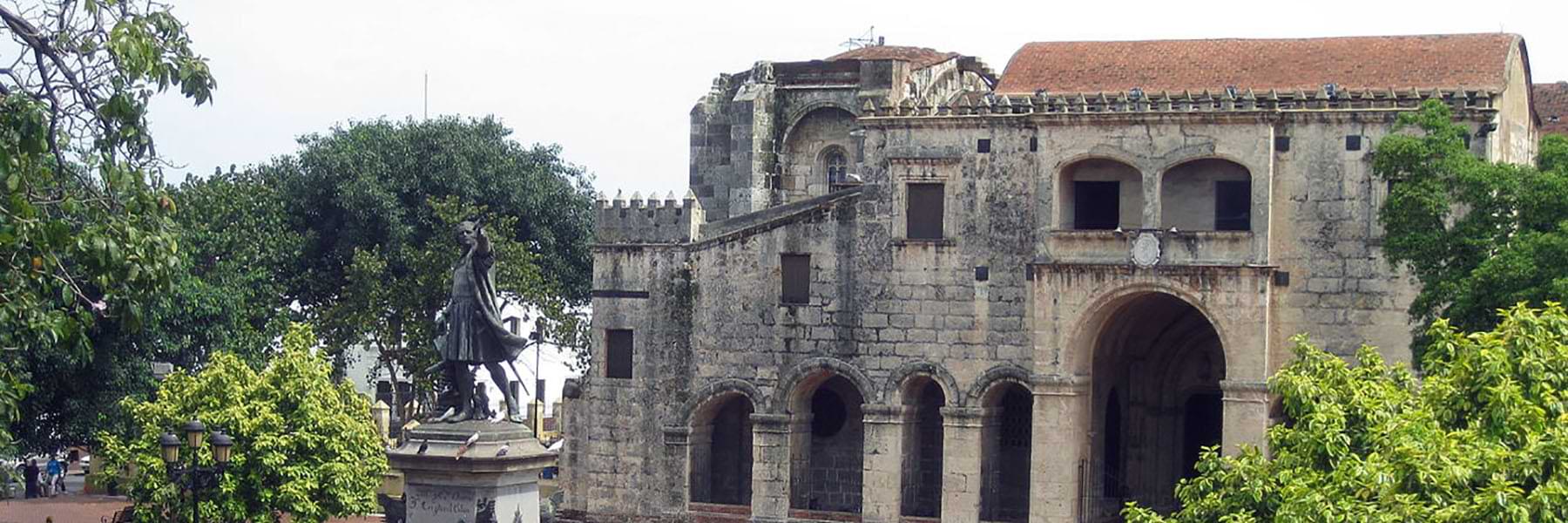Why Latin America and the Caribbean?
Why should you consider a minor in Latin American and Caribbean Studies?
Because Latin America and the Caribbean are the site of innovative ideas and new approaches to old problems. Did you know that in Brazil most cars have run on ethanol for decades? Did you know that Peru has banned GMOs? Did you know that Cuba exports doctors to the rest of the world? Did you know that many Latin American countries offer free, universal health care? Did you know that Haiti was the first country in the modern world to abolish slavery? Did you know that the form of capitalism that dominates the world today was first tried out in Chile?
Because Latin America and the Caribbean help us better understand our own countries and cultures. The history of Latin America and the Caribbean closely parallel that of the United States: indigenous civilizations, European conquest and colonization, the enslavement of millions of Africans, violent wars for independence, debates over the meaning and extent of citizenship, industrialization, urbanization. But although Latin America's history so closely follows that of the United States, the solutions Latin Americans have come up with to our common problems and issues are often very different than those tried out in the U.S. By understanding Latin America, we can gain fresh ideas to address our problems at home.
Because we are part of Latin America and the Caribbean. Did you know that the United States has the second-most Spanish speakers of any country on earth? Did you know that by 2050, 30% of Americans will identify as Latinx? Did you know that Latinx people now make up 6% of Indiana's population?
Because there is nothing else on earth like Rio during Carnaval, the mountains and fjords of Patagonia, the ruins of ancient civilizations in Mexico, a vodou ceremony in Haiti, kayaking Lago Atitlán in Guatemala, or hearing an entire country roar when the national team scores a goal in the World Cup.
Because Latin America is the most fascinating place in the world. Because expertise in this world region and one of its languages (Spanish, Portuguese, Haitian Creole, Maya, or Quechua) can open doors to careers in business, education, government, non-profit management, social work, journalism, and much more.


